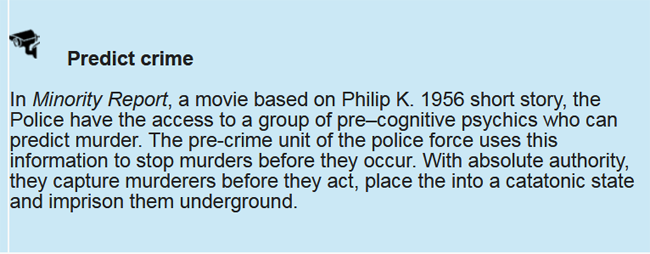Will security cameras end crime in Uganda?
Law enforcement officials are usually the most positive about the CCTV cameras.
PIC: CCTV camera footage in most cases is reviewed well after commission of a crime
OPINION | SECURITY

By Richard Musaazi
Here lies the same old question about the limits of law enforcement: If you arrest a suspect before a murder is committed, did you not just arrest an innocent civilian?
If it did not happen, how can you be guilty? What right do the Police have to arrest an innocent man?
Measuring how well Police surveillance cameras prevent crime is a tricky process since you are dealing with a vague set of variables. You cannot be entirely sure if someone is planning to commit a crime based on a police CCTV camera.
Law enforcement officials are usually the most positive about the CCTV cameras. They will be helpful in preventing petty crimes, but not serious organised crimes and based on recent serious crimes, none will provide footage that will help solve.
Benefits
This is not to say that CCTV cameras are entirely useless. Evidence consistently points to cameras reducing autorelated crimes to as much as 41%.
They are also more helpful with reducing crime in enclosed areas with less foot traffic, when combined with other law enforcement efforts. And they are helpful in conducting post-crime investigations.
Shortcoming
To some, it is comforting to imagine vigilant Police monitoring every CCTV camera, but the truth is different.
Most CCTV footage will never be looked at until after the crime is committed. When examined, most likely the suspects will not be identified. Lighting will be bad, images will be grainy and criminals tend not to stare helpfully at the lens.
CCTV cameras tend to break far too often. Even when they afford quick identification — think of the 2010 terror attack at Lugogo Rugby Club — the Police are often able to identify suspects without CCTV cameras.
CCTV cameras provide a false sense of security, encouraging laziness when we need the Police to be vigilant.
The solution is not for the Police to watch CCTV cameras. Unlike an officer walking the street, cameras only look in particular directions at particular locations. Criminals know this and can easily adapt by moving their crimes to unwatched places — and there will always be such places (Bulenga, Matugga, Kulambiro and Masanafu roundabout).
Additionally, while a police officer on the street can respond to a crime in progress, the same officer in front of a CCTV screen can only dispatch another officer to arrive much later.
By their very nature, cameras result in underused and misallocated police resources.

Are cameras worth it?
But the question really isn't whether cameras reduce crime. The question is whether they are worth it. Given their cost, the funds spent on CCTV Cameras would be far better spent on hiring experienced police officers.
We live in a unique time in our society, the cameras are everywhere and we can still see them.
Ten years ago, cameras were rare. And in ten years, they will be so small you won't even notice them. These are companies that have security solutions software that has facial recognition technology, a great tool for fighting crime.
The time to address appropriate limits on this technology is now, before the cameras fade from notice.
Expenditure on the police force is at record levels. In terms of numbers and budgets, it has never been so huge. In spite of this, there is widespread public dissatisfaction resulting in a steep increase in complaints against the Police, with many coming from law abiding, middle-class people, who complain of rudeness, excessive use of force and neglect of duty.
In my view, there is a huge gap in how we want to be policed, how the Police want to police us and how we are actually policed. Why this gap and what can be done about it?
First of all, what does the public want?
The public is not interested, whether burglaries have gone up or down by 5%.
‘‘They want to know that when they go to bed at night, they are not going to get a break-in; when they get up in the morning, their car is still going to be in front of the house and their mums, dads and grand dads can walk in the local shop in the morning to get the bread and sugar and come back without being robbed.''
So, why, despite record funding and record numbers of police officers, does this gap exist between public expectations and the kind of policing they are getting?
Among other things, the Police need to rebuild the relationship with the public. Every police officer needs to understand that they are ambassadors for the service and their responsibility is to go out there, rebuild trust and confidence in every interaction with members of the public.
The Police needs to change the way they operate to enable the service to respond more effectively to the public's priorities. The force needs to set clear objectives and introduce changes to the framework within which the Police operate.
(The writer is a private investigator)
Also related to this article
What Museveni said in state of security address
President commissions CCTV cameras
'Vigilance needed to fight crime'
How secure are our security cameras?